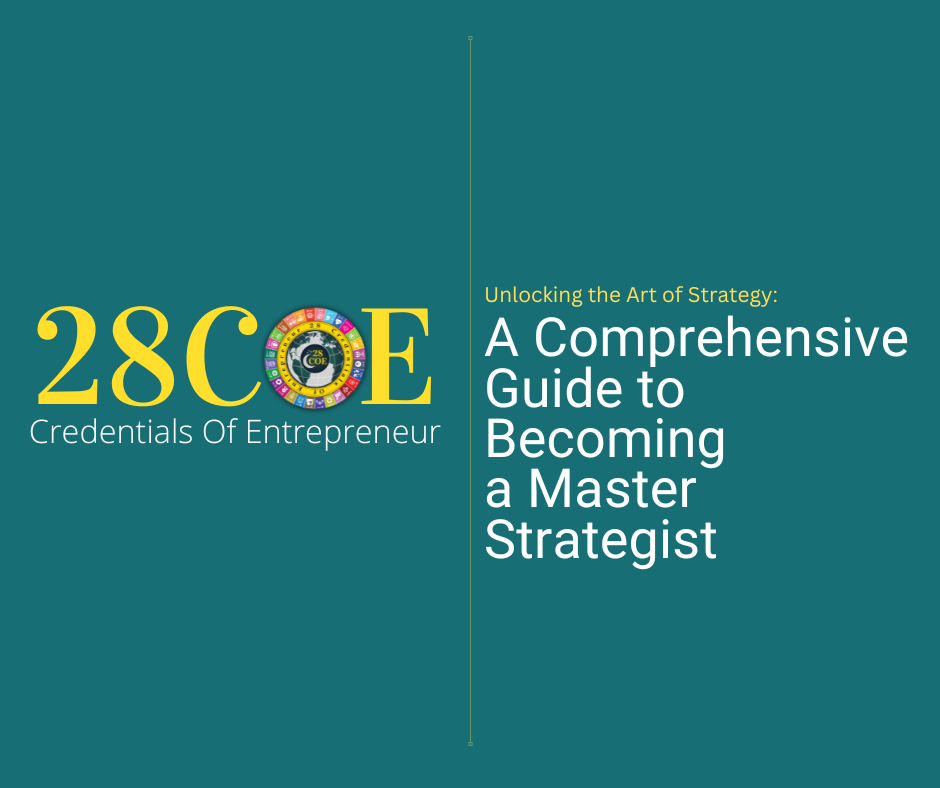In today’s complex and ever-changing world, the ability to think strategically is a highly sought-after skill. Whether in business, politics, or personal endeavors, mastering the art of strategy can be the key to success. However, becoming a master strategist is not an overnight endeavor; it requires dedication, practice, and a deep understanding of the principles that underpin effective strategic thinking.
The journey to becoming a master strategist begins with understanding the fundamental concepts of strategy. Strategy, at its core, is about making choices to achieve specific objectives in the face of uncertainty and competition. It involves analyzing the current situation, anticipating future developments, and devising a plan of action to achieve long-term goals.
One of the cornerstones of strategic thinking is the ability to think critically and analytically. This involves gathering relevant information, assessing the strengths and weaknesses of different options, and identifying potential risks and opportunities. By developing a systematic approach to problem-solving, aspiring strategists can make informed decisions and navigate complex challenges more effectively.
Another essential aspect of mastering strategy is the ability to think creatively and innovatively. While analysis and logic are crucial, strategic thinking also requires the willingness to challenge conventional wisdom and explore new ideas. By fostering a culture of innovation and experimentation, individuals can uncover novel solutions to difficult problems and gain a competitive edge in their chosen field.
Communication skills are also vital for aspiring strategists. Effectively communicating ideas, plans, and objectives is essential for garnering support, building alliances, and inspiring action. Whether through written documents, presentations, or interpersonal interactions, the ability to convey complex concepts clearly and persuasively is critical for successful strategy implementation.
In addition to these foundational skills, becoming a master strategist requires continuous learning and adaptation. The world is constantly evolving, and strategies that were effective in the past may no longer be relevant in today’s dynamic environment. By staying informed about emerging trends, technologies, and best practices, strategists can remain agile and responsive to change, positioning themselves for long-term success.
Furthermore, cultivating a strategic mindset is not just about individual skill development; it also involves fostering a culture of strategic thinking within organizations and teams. By encouraging collaboration, diversity of thought, and a willingness to challenge the status quo, leaders can create an environment where strategic thinking thrives and innovation flourishes.
Ultimately, becoming a master strategist is a lifelong journey that requires dedication, curiosity, and a willingness to embrace uncertainty. By mastering the fundamental principles of strategy, cultivating creativity and innovation, honing communication skills, and fostering a culture of strategic thinking, individuals can unlock their full potential and achieve success in any endeavor they pursue.

